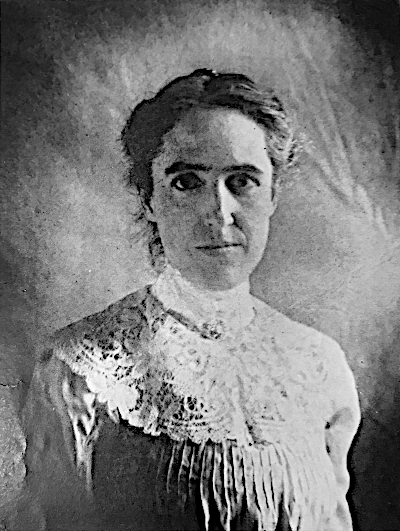
Image: Henrietta Swan Leavitt, an American astronomer who played a key role in measuring galactic distances and understanding variable stars.
Henrietta Swan Leavitt is best known for her groundbreaking discoveries regarding variable stars, particularly Cepheid variables. These pulsating stars allowed astronomers to measure distances in the universe and understand the cosmic scale.
In 1912, Leavitt discovered that the luminosity of Cepheid variable stars was related to their pulsation period. This relationship paved the way for using Cepheids as distance indicators, essential for determining the size of the observable universe.
Variable stars, such as Cepheids, are stars whose luminosity changes regularly. Leavitt observed that the longer a Cepheid took to complete an oscillation (period), the brighter it was. This meant that the pulsation period was directly related to the intrinsic luminosity of the star.
This discovery allowed astronomers to determine the distance to these stars by measuring their apparent brightness and comparing it to their actual luminosity, a method still used today to measure galactic distances.
Leavitt laid the foundation for the work of many famous astronomers, including Edwin Hubble, who used her relation to prove that the universe is expanding. Leavitt's discovery was also fundamental to expanding our understanding of the size of the universe.
Unfortunately, due to the nature of her time and her status, Henrietta Swan Leavitt did not always receive the recognition she deserved. She spent most of her career working as a "calculator" for the Harvard College Observatory, where she made many discoveries without receiving official credit for much of her life.
However, her work had a profound impact on modern science and paved the way for major discoveries in astronomy and cosmology.
Although Leavitt did not write many books, her discoveries were published in scientific papers and influenced many astronomers. Her distance calculation method was a catalyst for 20th-century astronomy, particularly in studying the structure of the universe.
1997 © Astronoo.com − Astronomy, Astrophysics, Evolution and Ecology.
"The data available on this site may be used provided that the source is duly acknowledged."
How Google uses data
Legal mentions
English Sitemap − Full Sitemap
Contact the author